Table of Contents
Get End-to-end Assistance in Buying a Property
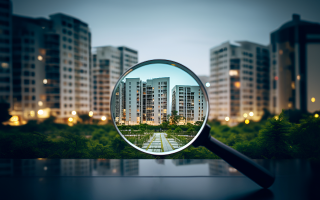
Buyer Benefits Worth Rs.2 Lakh

Complete Property Legal Assistance
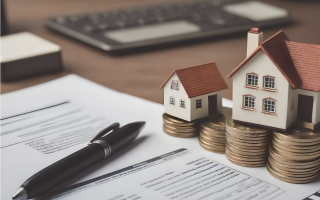
Get up to 90% of Property Funding
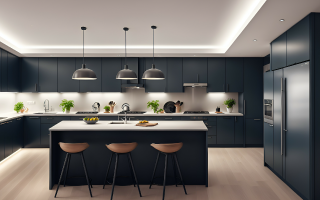
Up to 25% Off on Home Interior
Loved what you read? Share it with others!
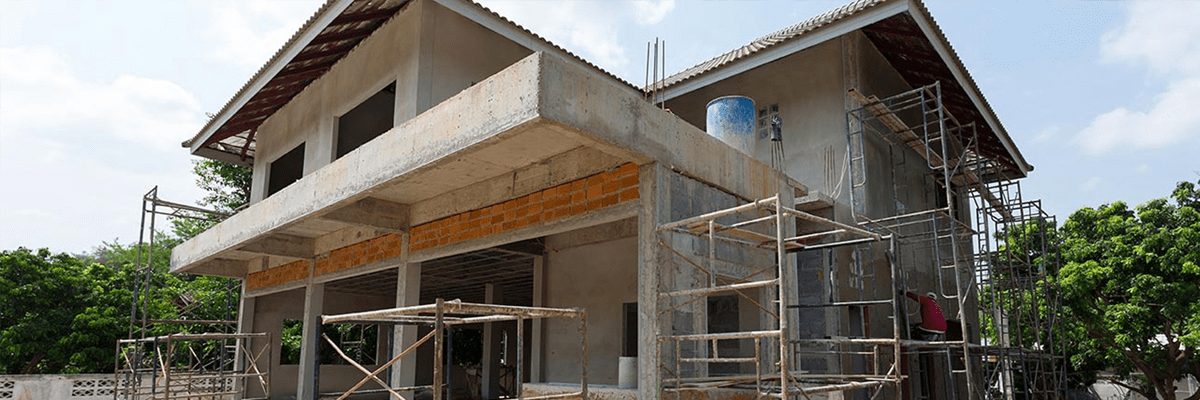

Submit the Form to Unlock the Best Deals Today
Check Your Eligibility Instantly

Experience The NoBrokerHood Difference!
Set up a demo for the entire community
Breaking Down House Construction Costs in India: Easy Tips for Your Budget" in better way
Table of Contents
Building your dream house requires understanding the costs involved. Various elements like location, materials and labour affects the total construction cost. Construction expenses of a building in India costs from INR 800 to INR 2,500 per square foot depending on construction type and sophistication level. These include civil work cost, materials such as cement, sand bricks, and steel, and cost of regulatory compliance. That is why careful planning, correct choice of materials, projects, and good management is crucial to avoid additional expenses and save money. Below are the classifications to see and perhaps for budgeting, how it’s possible to estimate your home construction cost.
Recommended Reading
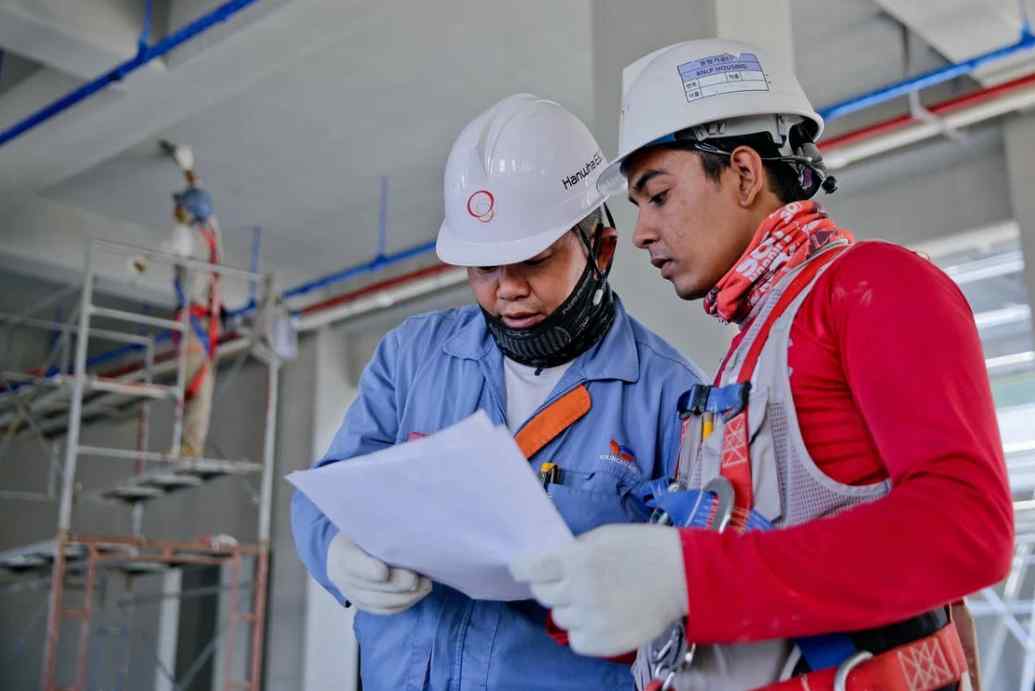
Best Construction Companies in Bangalore to Look Out For
February 1, 2025
31740+ views

How To Pick Your Flat Amenities in 2025
January 31, 2025
14831+ views

5 Simple Tips to Find the Perfect House
January 31, 2025
4953+ views

Perfect Silver Gifts for a Griha Pravesh
January 31, 2025
4967+ views
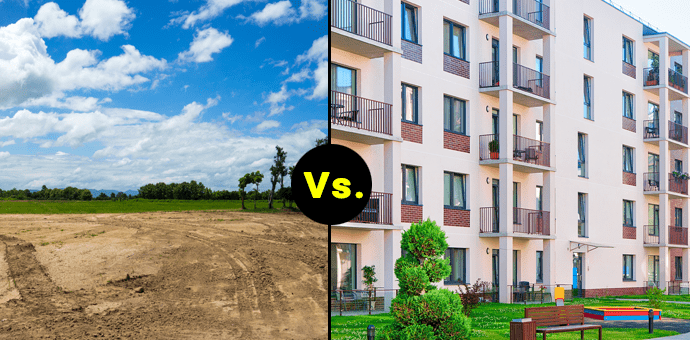
Buying Land Vs Buying an Apartment In 2025
January 31, 2025
6374+ views

Average Construction Cost Per Square Feet in India
The construction industry in India has witnessed significant growth and development over the years, driven by rapid urbanisation, infrastructural advancements, and a surge in real estate projects.
One crucial aspect of any construction project is determining the cost per square foot, which serves as a fundamental parameter for budgeting and estimating expenses. The average residential construction cost per square foot in India varies based on factors such as location, project scale, material selection, and overall quality standards.
Get End-to-end Assistance in Buying a Property

Buyer Benefits Worth Rs.2 Lakh

Complete Property Legal Assistance

Get up to 90% of Property Funding

Up to 25% Off on Home Interior
| Brick wall construction (without RCC) | INR 800 per sq. ft. |
| Brick wall construction with RCC) | INR 900 per sq. ft. |
| Civil Work | INR 1,500 per sq. ft. |
| Electrician/ Plumber | INR 2,500 per sq. ft. |
| Other Charges | Raw material cost: INR 7 lakhs onwardsArchitect: INR 15,000 onwards |
How to Calculate Home Construction Cost in India?
The construction cost per square foot in India varies depending on several factors, including the location of the property, the type of construction, the quality of materials, and the complexity of the design. However, some general guidelines can be used to estimate the cost.
The following formula can be used to calculate construction cost per square foot in India:
Construction cost per square foot = Total construction cost / Total square footage
The total construction cost is the sum of all the costs associated with building the structure, including the cost of materials, labour, and overhead. The total square footage is the total area of the structure, including the interior and exterior.
For example, if the total construction cost of a house is ₹500,000 and the total square footage is 1,000 square feet, then the construction cost per square foot would be ₹500.
Construction cost per square foot = ₹500,000 / 1,000 square feet = ₹500 per square foot
Home Construction Cost per Square Foot
| 500 sq. ft. | INR 5,00,000 |
| 600 sq. ft. | INR 6,00,000 |
| 800 sq. ft. | INR 8,00,000 |
| 1000 sq. ft. | INR 10,00,000 |
| 1200 sq. ft. | INR 12,00,000 |
| 1500 sq. ft. | INR 15,00,000 |
| 1800 sq. ft. | INR 18,00,000 |
Note:
- Home construction cost = build-up area * cost per square foot
- Here, we have assumed the cost per square foot to be INR 1,000
Factors to Consider While Calculating House Construction Costs in India
Plot Layout
The plot layout determines the size and shape of the land on which the house will be built. The plot's size, orientation, and topography can impact the construction process and costs. A larger plot may require more materials and labour, increasing the overall expenses.
Additionally, the plot's shape and terrain can affect the complexity of the foundation and excavation work, which can influence construction costs. Considering the plot layout helps estimate the amount of resources and effort required for the construction project accurately.
Regulatory Laws and Norms
Various government regulations and local building codes exist to ensure safety, structural integrity, and adherence to environmental norms. These regulations may include specifications for setbacks, floor area ratio, building height, fire safety, and more.
Failure to comply with these regulations can result in penalties or legal issues. Understanding and adhering to the applicable laws and norms is essential to avoid complications and additional costs. It is advisable to consult with local authorities or engage professionals familiar with the local building regulations to estimate the construction costs accurately.
Civil Costs
The civil cost includes the cost of basic structural work, such as foundation, columns, beams, slabs, and walls. The civil cost also comprises materials, labour, and equipment needed for excavation, concrete work, brickwork, plastering, and flooring.
Factors that can influence civil costs include the type of foundation required based on soil conditions, the height and design complexity of the building, and the quality of materials and finishes chosen. Accurate estimation of civil costs is crucial to ensure a solid and durable structure within the allocated budget.
Finishing Cost
Finishing cost encompasses the expenses incurred for the final touches and aesthetic aspects of the house construction project. This includes items such as doors, windows, flooring, electrical and plumbing fixtures, painting, tiling, and interior decoration.
The finishing cost can vary significantly based on the quality and type of materials chosen, the level of customization desired, and the complexity of the design. It is important to carefully consider the desired finishes and allocate a budget for them during the planning phase.
Key Raw Materials and Their Price to Construct a House in India
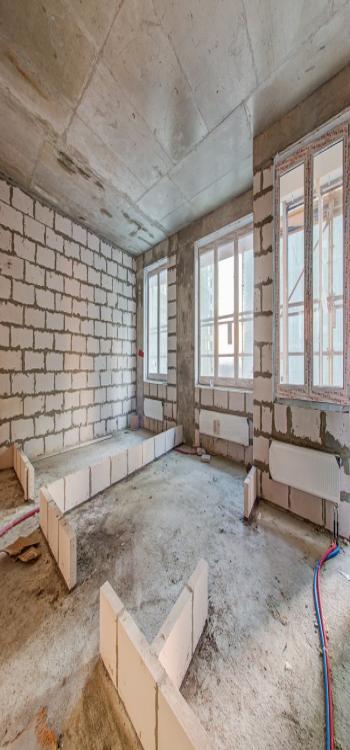
Sand
Sand is primarily used for making mortar and concrete. The price of sand can vary depending on factors such as availability, quality, and location. In general, river sand is commonly used and its price can range from INR 3,000 to INR 4,500 per cubic metre.
However, due to environmental concerns and restrictions on sand mining, the availability and cost of river sand can fluctuate. As an alternative, manufactured sand (M-sand) has gained popularity, and its price can range from INR 1,500 to INR 3,000 per cubic metre.
Bricks
Bricks are one of the fundamental building materials used in construction. They are available in different types, including clay bricks and fly ash bricks. Clay bricks are commonly used and their prices can range from INR 5 to INR 10 per piece, depending on the quality.
Fly ash bricks, which are more environmentally friendly, are priced lower, ranging from INR 3 to INR 7 per piece. The cost of bricks can also vary based on the location and transportation expenses.
Cement
Cement is a key ingredient in the construction industry as it is used to bind materials together in concrete and mortar. The price of cement in India can vary based on brand, quality, and location. Generally, ordinary Portland cement (OPC) is widely used, and its price can range from INR 350 to INR 450 per 50-kilogram bag.
However, other types of cement, such as Portland Pozzolana Cement (PPC) or blended cement, may have different prices. It is advisable to consider the specific requirements and consult local suppliers for accurate pricing information.
Steel
Steel is typically used in the form of bars or rods. The price of steel can fluctuate based on factors such as market demand, availability, and quality. TMT (Thermo-Mechanically Treated) steel bars are commonly used, and their prices can range from INR 40,000 to INR 50,000 per ton.
The price can vary further depending on the grade and diameter of the steel bars. It is important to note that steel prices are subject to market dynamics and may experience fluctuations.
Concrete
Concrete is a composite material composed of cement, sand, aggregates, and water. It is used for various structural components in house construction, such as foundations, columns, beams, and slabs.
The cost of concrete is influenced by the prices of its constituent materials, primarily cement, sand, and aggregates. On average, the price of ready-mix concrete can range from INR 4,000 to INR 6,000 per cubic metre, depending on the grade and location.
Tips to Reduce the House Construction Cost Without Compromising the Quality
- Proper Planning and Design: Invest time and effort in detailed planning and design to avoid costly changes and rework during construction. This includes accurately assessing your needs, optimising the layout, and considering factors like natural lighting, ventilation, and energy efficiency.
A well-thought-out plan helps reduce wastage, minimises the need for expensive modifications, and ensures efficient use of materials and resources.
- Material Selection: Carefully choose materials based on quality, durability, and cost-effectiveness. Compare prices from different suppliers, explore alternatives that meet your requirements, and consider locally available materials.
Opting for cost-effective yet reliable options can significantly reduce construction expenses without compromising the overall quality of the house.
- Efficient Project Management: Effective project management plays a crucial role in cost reduction. Hire a professional project manager or contractor who can efficiently manage the construction process, monitor timelines, and control expenses.
A well-organised construction schedule, timely procurement of materials, and effective coordination with contractors and labourers help avoid delays and cost overruns.
- Value Engineering: Implement value engineering principles by analysing the design and construction process to identify opportunities for cost reduction without compromising quality. This involves finding alternative methods, materials, or techniques that offer the same functionality and performance at a lower cost.
Collaborate with architects, engineers, and contractors to explore innovative and cost-saving solutions.
- Energy Efficiency and Sustainable Practices: Incorporate energy-efficient features and sustainable practices during construction. Opt for energy-saving appliances, LED lighting, insulation, and proper ventilation systems to reduce long-term operational costs.
Incorporating rainwater harvesting, solar panels, and efficient waste management systems can also save money in the long run while contributing to environmental sustainability.
How Can NoBroker Help?
When considering house construction costs in India, it is crucial to take into account various factors such as location, size, quality of materials, and labour expenses. The cost of constructing a home can vary significantly depending on these variables. It is essential to plan and budget wisely, considering the current market rates and future expenses.
With extensive industry experience, NoBroker professionals can offer valuable advice on cost-saving measures without compromising construction quality. By leveraging their knowledge, you can optimise your budget, make informed decisions, and streamline the entire construction process.
Frequently Asked Questions
Civil construction is the process of building infrastructure, such as roads, bridges, buildings, and other structures. It is a broad field that encompasses a wide range of activities, from planning and design to construction and maintenance.
The minimum cost to build a house in India depends on several factors, including the size of the house, the location of the house, and the quality of materials used. However, as a general rule of thumb, the minimum cost to build a house in India is around Rs. 1,500-2,000 per square foot.
The construction cost per square foot in Chennai in 2023 is around Rs. 2,000-2,500. However, the actual cost may vary depending on the location of the property, the size of the house, and the quality of materials used.
The ratio of the cost of labour to the cost of building in India is around 60:40. This means that labour costs account for about 60% of the total cost of construction while building materials account for about 40% of the total cost.
The number of bricks required for 1,000 square feet of area depends on the size of the bricks and the type of construction. However, as a general rule of thumb, you will need around 10,000 bricks for 1,000 square feet of area.
Loved what you read? Share it with others!
Most Viewed Articles
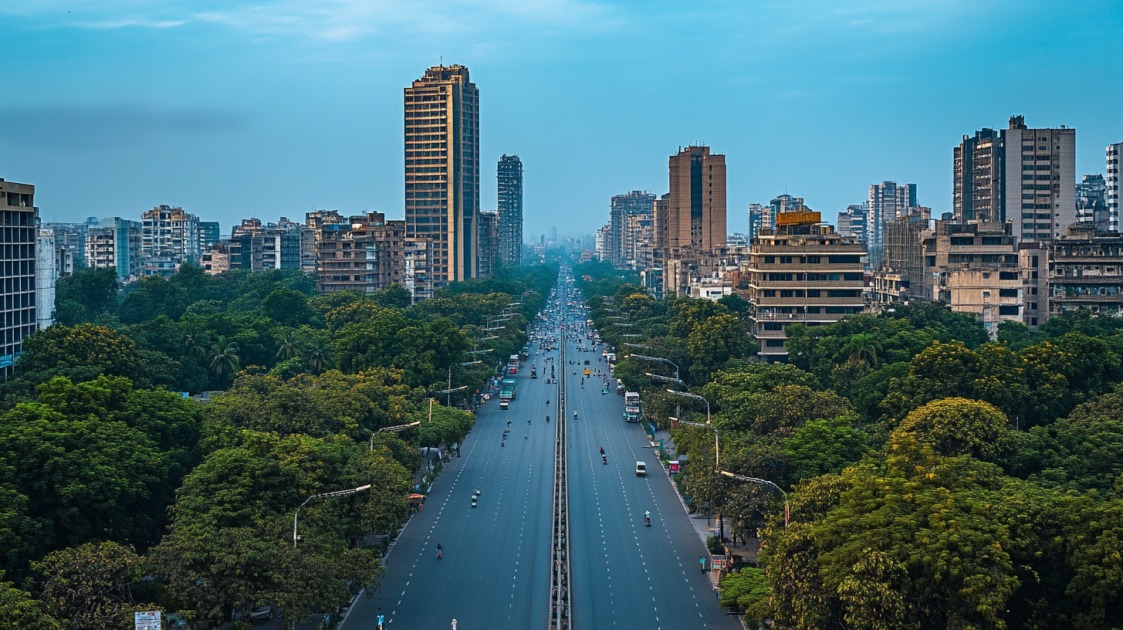
Top 26 Cleanest City of India: List of the Best Cities Ranking Wise in 2025
January 22, 2025
132830+ views

Auspicious Dates and Good Nakshatra for Property Registration in 2025
January 27, 2025
88039+ views

CIDCO Lottery 2025 - CIDCO Starts Registration for 5730 Homes in Navi Mumbai
January 31, 2025
63912+ views

Breaking Down House Construction Costs in India: Easy Tips for Your Budget" in better way
January 31, 2025
60509+ views

How To Check the Market Value in Andhra Pradesh?
February 12, 2025
53841+ views
Recent blogs in
Best Place to Invest in Noida (2025): Top Sectors Listed For High Returns
February 13, 2025 by Suju
Best Place to Invest in Gurgaon: Real Estate Guide!
February 13, 2025 by Priyanka Saha
12 Best Place to Invest in Chennai: Real Estate Investment and Top Trends for 2025
February 13, 2025 by Vivek Mishra
10 Best Places for Real Estate Investment in Pune in 2025
February 13, 2025 by Vivek Mishra
Best Places for Property Investment in Mumbai 2025
February 13, 2025 by NoBroker.com







Join the conversation!